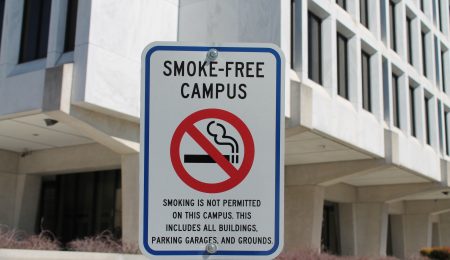The bylaw, introduced by the University of Ottawa at the end of July, bans smoking within nine metres (30 feet) of main entrances, loading zones, and air intakes of main buildings on campus
Smoking ban
Once marijuana is legal it should be treated the same as cigarettes, not given preferential treatment or penalized. People who want to smoke pot should be able to do so anywhere they can smoke tobacco, if for no other reason than there isn’t a good argument to not do so.
The University of Ottawa is working towards becoming a completely smoke-free campus to promote a healthier environment for students. The discussion surrounding a potential smoke free campus started as a result of two main initiatives: a student survey conducted this past spring and rapidly approaching changes in Ontario legislation.
Recently, the federal government announced that it will regulate e-cigarettes within the coming year. While regulation is an important step, it must be done properly.
After all, there are other drugs in Canada that can cause long-term harm, yet remain largely ingrained in our culture—perhaps the best example is alcohol.
Are electronic cigarettes the key to successful smoking cessation in Ontario, or are these devices just part of the problem?
YOU CAN CALL it shisha, hookah, narghile, or qalyan. All of these are synonyms for the same activity: Water pipe smoking. Coming in a variety of flavours, hookah has seen a steady rise in popularity over the past few years in Canada and public health officials have taken notice. Recently, Ottawa’s City Council proposed a …








